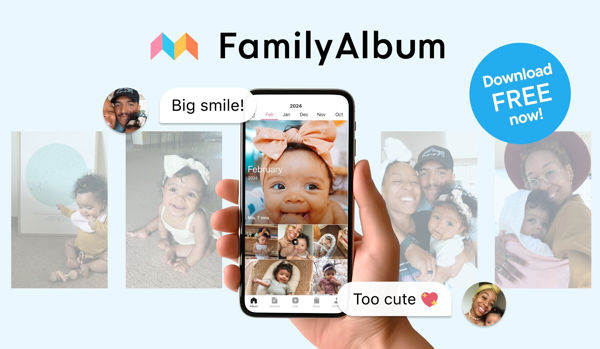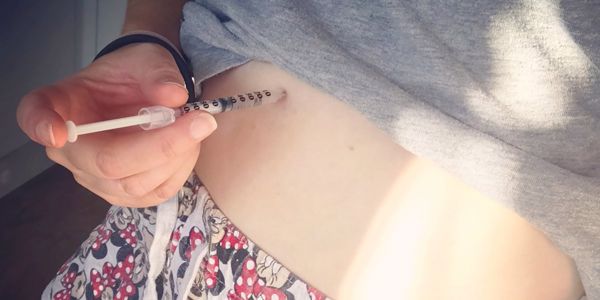Unfortunately, women are born with a finite number of potential eggs, which after puberty are released every month (during ovulation). Although only one egg is released per month, several others are lost in the process of selecting the best one. So during the reproductive period starting from the first ovulatory period (the period that was following an egg release) to menopause (last period) roughly only 400 eggs are available for fertilisation and unfortunately, there are no medications that can increase the number of eggs!
Science as of now can only bring about ovulation, but not generate new eggs. Therefore finding the right reproductive window is imperative for those women who plan to enjoy motherhood in their lives.
If you've understood the above concept, it would be easier for you to understand that the number of eggs decreases with age. With every period tens to hundreds of eggs are lost during natural selection, hence with each period the endowment of eggs gets diminished and sadly there is no medicine to replenish the stock of eggs.
This is why those who plan to conceive beyond 35 years of age, will need to visit a fertility specialist within 6 months of trying without contraception, whereas for younger women the definition of infertility is after 1 year of trying. The earlier cut off ensures that we don't waste any more precious time & eggs.
Women with problems related to ovaries like endometriosis repeated pelvic infections, polycystic ovaries also need early intervention. This is because their reserves and quality of eggs worsen as their disorder progresses.
Those women whose mothers, aunts or sisters have undergone early menopause need to be cautious of the time to conceive too, as they may be at risk of early depletion of egg reserve.
Certain autoimmune disorders like those affecting adrenals, skin, kidneys and thyroid also tend to cause ovarian egg loss earlier than usual.
Childhood history of mumps rarely can cause poor egg reserve as the same virus causing mumps could cause ovarian inflammation too. Therefore vaccination against mumps is essential for all children. Boys too, as it can cause sperm deficiency in adulthood.
Radiotherapy and chemotherapy for cancer have a side effect of lowering fertility. There are fertility preservation methods that are available which should be discussed with the oncologist at the time of planning the treatment.
Eggs can be stored in a laboratory for future use either as eggs (when there is no partner ) or after fertilization as embryos ( using either donor sperm or sperm of partner).
Egg preservation can either be for social causes like when the woman is not ready for pregnancy due to financial reasons or isn't in a relationship to raise a family or is not in the place career-wise to have children.
Medical causes like before cancer treatment, along with treatment for endometriosis or autoimmune disorders are also indications for egg preservation.
With age not only does the ovarian function decline but so does that of the womb and rest of the body organs and systems. Presence of health disorders may complicate pregnancies in elderly women or severe disorders may even make them unfit to carry pregnancy requiring the services of a gestational surrogate to carry the pregnancy for them. This has its own emotional, ethical and financial issues attached to it.
The decision of when to have a child and whether to have a child or not is completely that of the woman/couple. Nobody can force a couple to have a child when they are not ready. However, having the knowledge above could help the couple to plan better and avoid disappointments in the journey towards parenthood.








